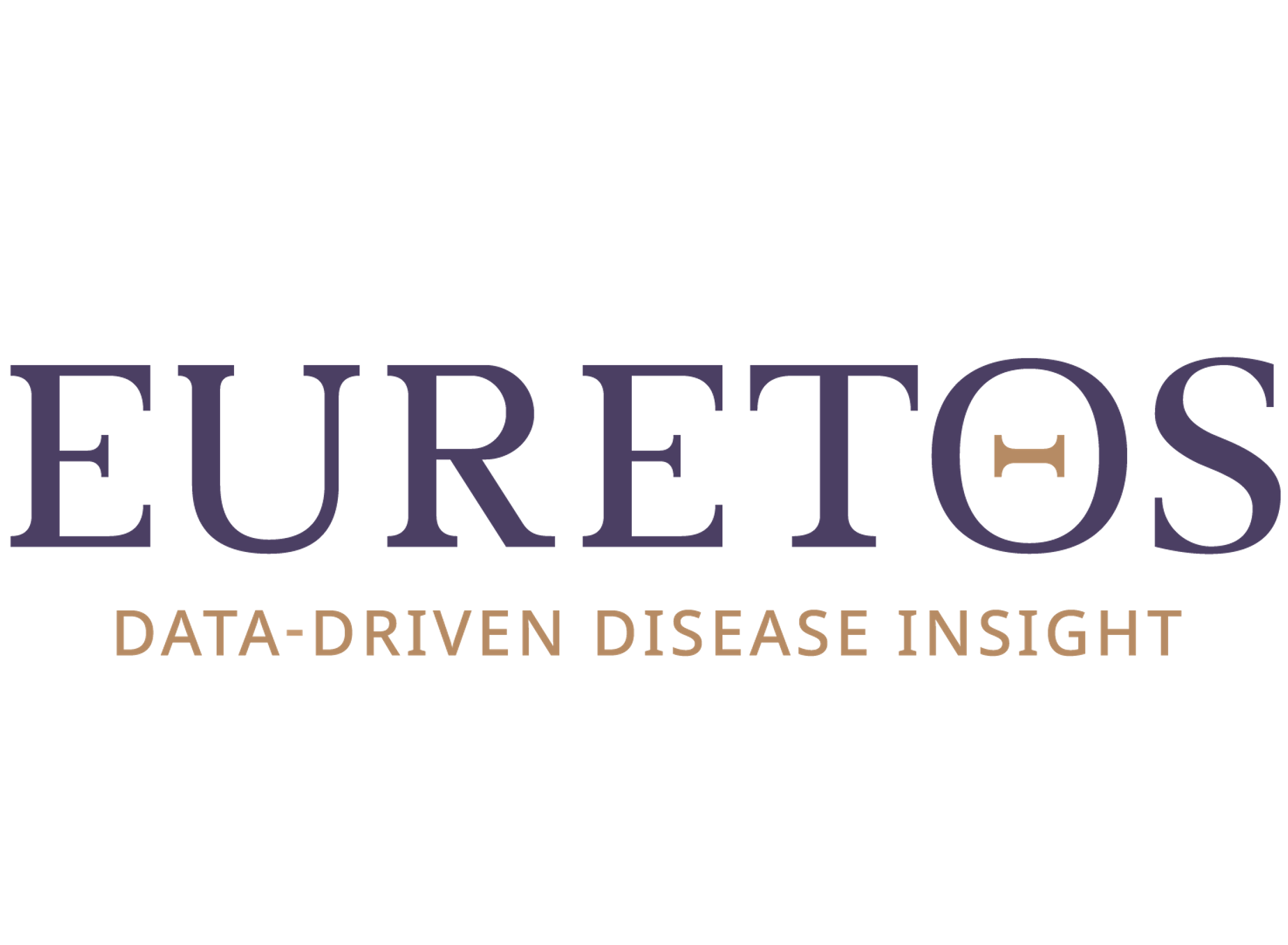Prostate cancer is one of the most common malignancies among men worldwide. While it exhibits remarkable heterogeneity, a significant subset of prostate cancers relies on hormones, particularly androgens like testosterone, for their growth and progression. Charles Huggins, a pioneer in cancer research, received the Nobel Prize in Physiology or Medicine in 1966 for his groundbreaking work on hormonal treatment in prostate cancer. His discoveries laid the foundation for the development of hormonal therapies that continue to be a cornerstone in the management of hormone-sensitive prostate cancer.
The aim of these hormonal treatments is to disrupt the AR signaling axis, either by reducing androgen production (androgen deprivation therapy) or by blocking the interaction of androgens with the AR (anti-androgens). These therapies, although often providing initial clinical benefit eventually lead to resistance and disease progression. There remains, therefore, a clear need to find novel targets associated with hormone-sensitive cancers, such as prostate cancer.

In recent years, the integration of big data, advanced genomics, and computational techniques has transformed cancer research and opened up new avenues for target discovery. Data-driven approaches leverage large-scale datasets, such as genomics, transcriptomics, proteomics, and clinical information, to identify key molecular alterations and signaling pathways driving cancer progression. Applying these techniques to hormone-sensitive prostate cancer has revealed critical insights into the disease's molecular landscape and has enabled the discovery of novel therapeutic targets.
For example, the identification of specific genomic alterations in the AR gene itself, such as mutations or amplifications, can result in enhanced AR activity and resistance to standard hormonal therapies. Another example is transcriptomic profiling, which involves analyzing the gene expression patterns in prostate cancer tissues, which. By comparing gene expression profiles between hormone-sensitive and hormone-resistant tumors, researchers have identified key genes and pathways associated with treatment resistance and disease progression which may serve as potential targets for therapeutic intervention.
The role of data-driven target discovery in hormone-sensitive prostate cancer has been instrumental. By leveraging genomics, transcriptomics, clinical data, and computational approaches, researchers have gained unprecedented insights into the molecular landscape of prostate cancer.
At Euretos, it is our mission to empower researchers to take such a data-driven approach independently, without having to rely on access to data scientists. The Euretos Platform for Target Discovery and Assessment provides data-driven analysis tools for industry and academic researchers powered by one of the largest integrated database of molecular data, literature and patents.

The Euretos platform provides insights that not only advance the understanding of the disease but have also leads to the identification of novel targets and the development of innovative therapies. This has enabled us to create one of the strongest track records in AI-driven target discovery and indication expansion where we have contributed to approved drugs and active clinical trials in oncology, Sjogren's disease, Ulcerative Colitis, NASH and epilepsy with 5 different biopharma clients.
Subscribe to our mailing list and receive our quarterly updates!
Read our Terms and Conditions

Keep up with our latest news and events. Sign up for our newsletter.